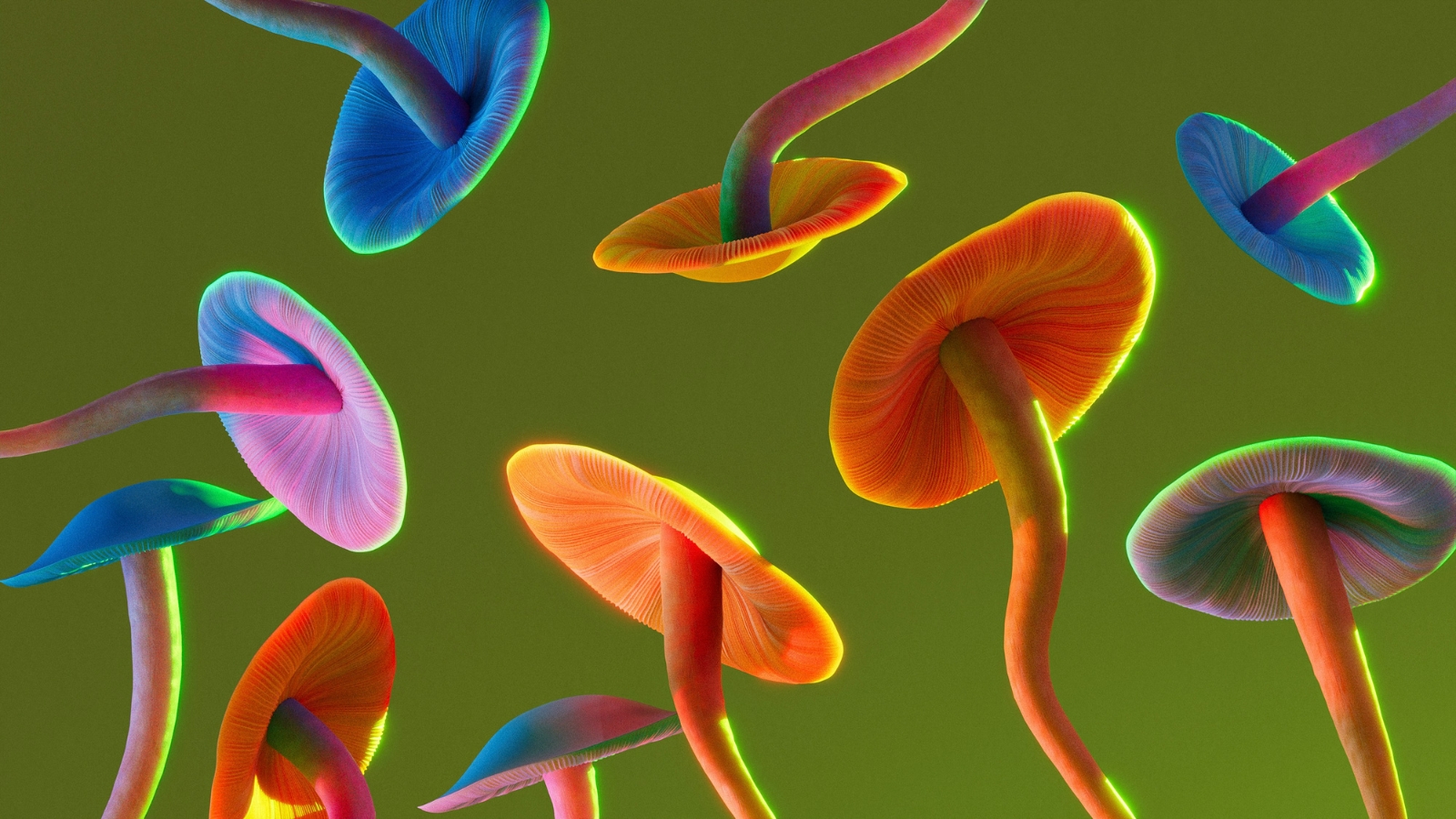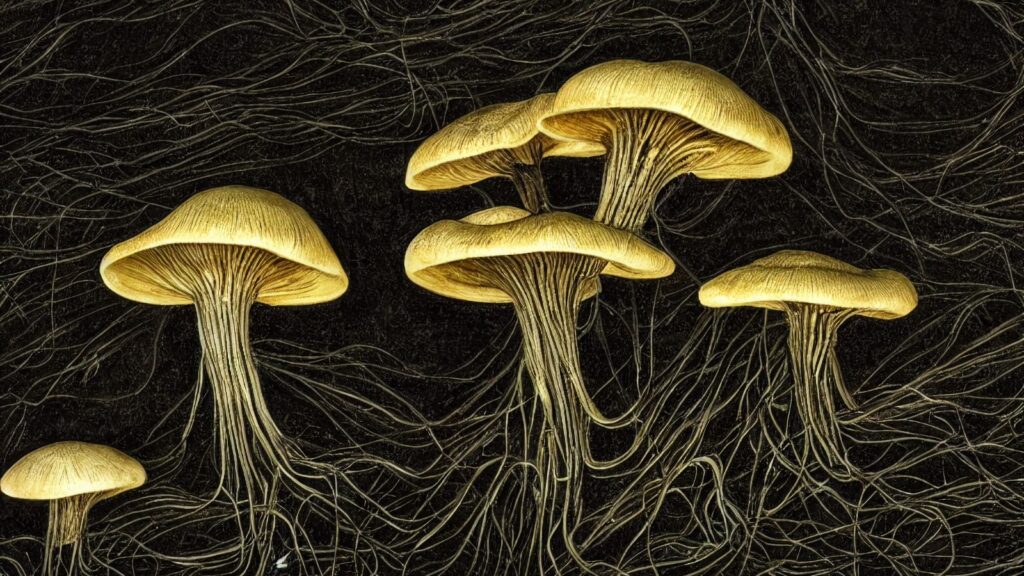Psychedelics have long been the subject of fascination and controversy, particularly regarding their potential to alter consciousness and belief systems. Recent research from Johns Hopkins University researchers provides new insights into how psilocybin affects individuals’ beliefs and perceptions.
Contrary to some earlier studies, this research suggests that a single psilocybin experience is unlikely to change one’s religious or metaphysical beliefs but can enhance the perception of consciousness in a variety of entities, from animals to inanimate objects.

The Study Design
The study, published in the Journal of Psychoactive Drugs, involved 657 participants who planned to use psilocybin in non-laboratory settings. Researchers surveyed these individuals before their experience and at two follow-up points: two to four weeks and two to four months after their psilocybin use. The survey focused on three main areas: Atheist–Believer status, metaphysical beliefs, and mind perception.
Key Findings
- Atheist-Believer Status:
- Participants were asked to identify their religious or spiritual belief system, choosing from “Non-believer (e.g., atheist),” “Agnostic,” and “Believer (e.g., in Ultimate Reality, Higher Power, and/or God, etc.).”
- The study found no significant changes in Atheist–Believer status following the psilocybin experience, suggesting that a single use does not typically alter one’s fundamental religious identity.
- Metaphysical Beliefs:
- Metaphysical beliefs encompass ideas about the nature of reality, such as materialism, dualism, idealism, and determinism.
- Participants were asked to rate their agreement with statements like “Everything that has ever happened had to happen precisely as it did, given what happened before.”
- The research observed minimal to no changes in these beliefs, indicating that a single psilocybin experience does not significantly impact one’s philosophical views on reality and free will.
- Mind Perception:
- Mind perception refers to the belief in the consciousness of various entities, including animals, plants, and even inanimate objects like rocks and robots.
- The study found significant increases in attributing consciousness to a range of targets, particularly non-human primates, quadrupeds, insects, fungi, and plants. The largest increases were noted for insects.
- Some increases were also observed in attributing consciousness to inanimate objects and the universe as a whole, though these changes were smaller and less consistent across follow-up points.

Implications and Ethical Considerations
The findings of this study have important implications for the clinical use of psychedelics. As psychedelic therapies gain traction for treating mental health conditions, understanding their impact on belief systems is crucial. The study suggests that concerns about psychedelics inducing significant changes in religious or metaphysical beliefs may be overestimated.
However, the observed changes in mind perception raise interesting questions about how psychedelics influence one’s connection to nature and the environment.
Ethically, the potential for psychedelics to be used for ideological conversion underscores the need for careful implementation and regulation. The study highlights the importance of ensuring that psychedelic therapies are used responsibly and ethically, particularly as they move closer to potential approval for widespread use.

Final Thoughts
This research from Johns Hopkins University provides a nuanced perspective on the effects of psilocybin on belief systems. While a single psilocybin experience does not appear to alter fundamental religious or metaphysical beliefs, it does enhance the perception of consciousness in a variety of entities. These findings contribute to the growing body of knowledge on psychedelics and their impact on the human mind, offering valuable insights for both clinical applications and broader societal considerations.
As we continue to explore the potential of psychedelics in therapy and beyond, studies like this remind us of the complexity of these substances and the importance of approaching their use with both curiosity and caution.














